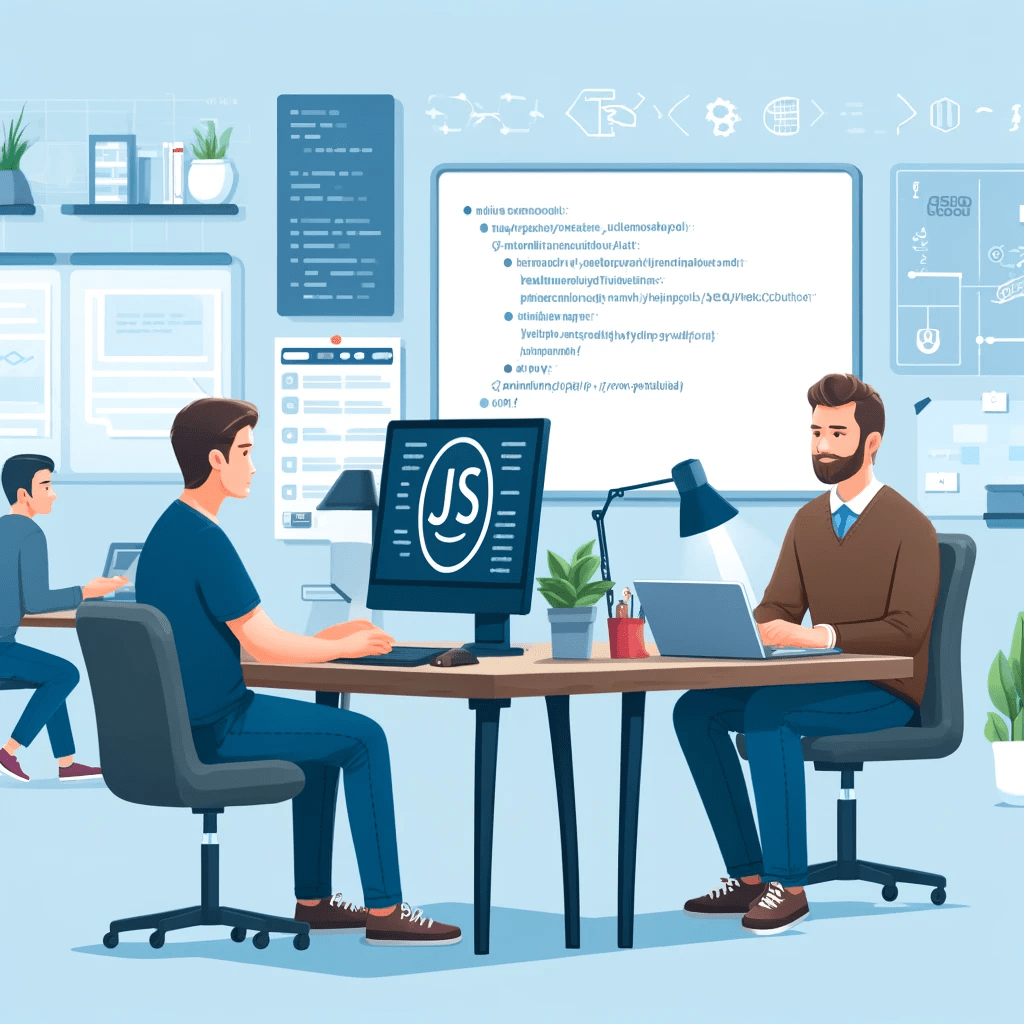Landing a job as a JavaScript developer can be a rewarding career move, but the interview process can be challenging. To help you prepare and stand out from the competition, here are ten essential tips for acing your JavaScript developer interview.
1. Master the Fundamentals
Before diving into complex frameworks and libraries, ensure you have a strong understanding of JavaScript fundamentals. Be comfortable with concepts like closures, hoisting, prototypal inheritance, and the event loop. Employers often test your knowledge of the core language, so mastering these basics is crucial.
2. Understand ES6+ Features
Modern JavaScript heavily relies on ES6 and beyond. Familiarize yourself with features such as arrow functions, template literals, destructuring, spread/rest operators, and async/await. Being proficient in these modern features shows that you keep up with the latest advancements in the language.
3. Practice Data Structures and Algorithms
Many technical interviews include questions on data structures and algorithms. Review common algorithms, such as sorting and searching, and understand data structures like arrays, linked lists, trees, and graphs. Utilize platforms like LeetCode, HackerRank, and CodeSignal to practice these problems.
4. Build and Showcase Projects
Having a portfolio of projects demonstrates your ability to apply your knowledge in real-world scenarios. Create and maintain a GitHub repository with your projects, and be prepared to discuss them during the interview. Projects can range from personal websites to complex applications.
5. Know Your Frameworks and Libraries
While knowing vanilla JavaScript is essential, most modern applications use frameworks and libraries like React, Angular, or Vue.js. Pick at least one popular framework and get comfortable with its core concepts, best practices, and ecosystem.
6. Brush Up on DOM Manipulation
Direct manipulation of the Document Object Model (DOM) is a crucial skill for any front-end developer. Understand how to select elements, modify their properties, and handle events. Even if you’re using frameworks, knowing how to manipulate the DOM without them can set you apart.
7. Learn Asynchronous JavaScript
Asynchronous programming is a fundamental part of JavaScript, especially in web development. Be proficient in using callbacks, promises, and the async/await syntax. Understanding how to manage asynchronous operations, such as API calls and event handling, is crucial.
8. Prepare for Behavioral Questions
Technical skills are important, but so are soft skills. Prepare for behavioral questions that assess your teamwork, problem-solving abilities, and adaptability. Practice common questions like describing a challenging project, how you handle tight deadlines, and your experience working in a team.
9. Mock Interviews
Practice makes perfect. Participate in mock interviews to simulate the real experience. Websites like Pramp and Interviewing.io offer free mock interviews with peers or experienced developers. Mock interviews can help you identify areas for improvement and build confidence.
10. Stay Updated and Engaged
The tech industry is ever-evolving, and staying updated is crucial. Follow JavaScript blogs, join developer communities, attend meetups, and participate in coding challenges. Being engaged in the community not only keeps you informed but also shows your passion and commitment to potential employers.

